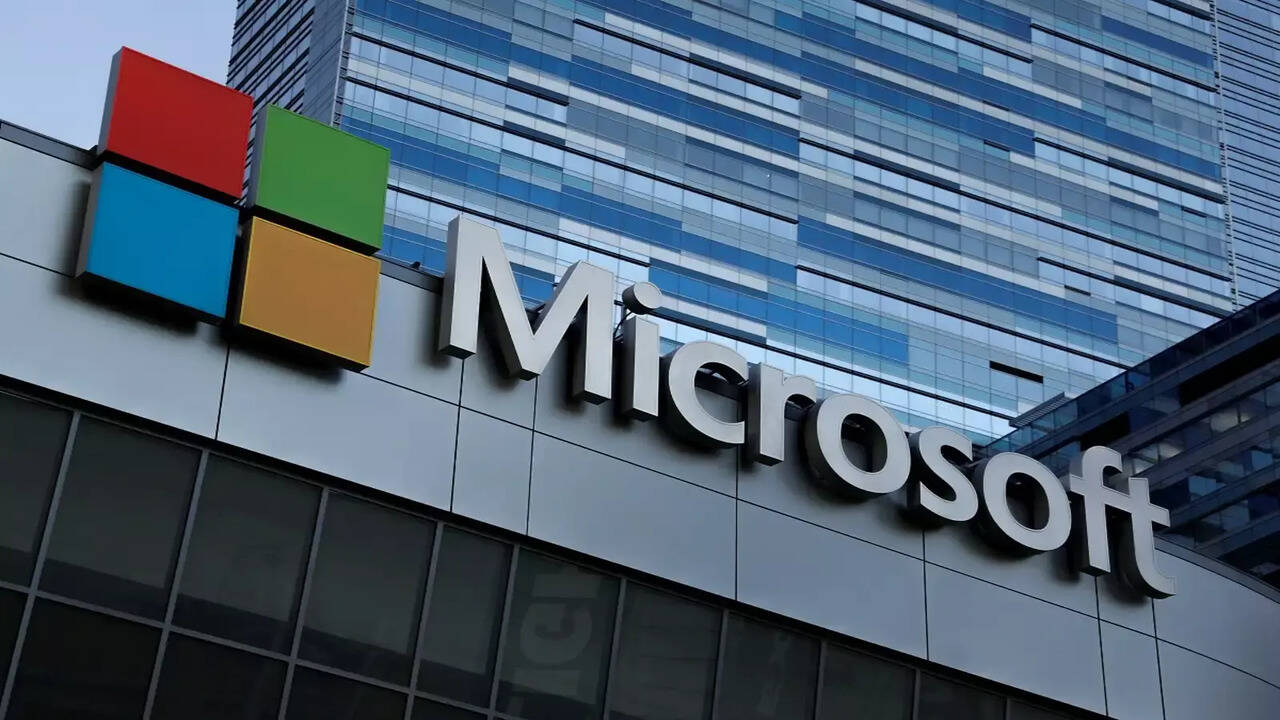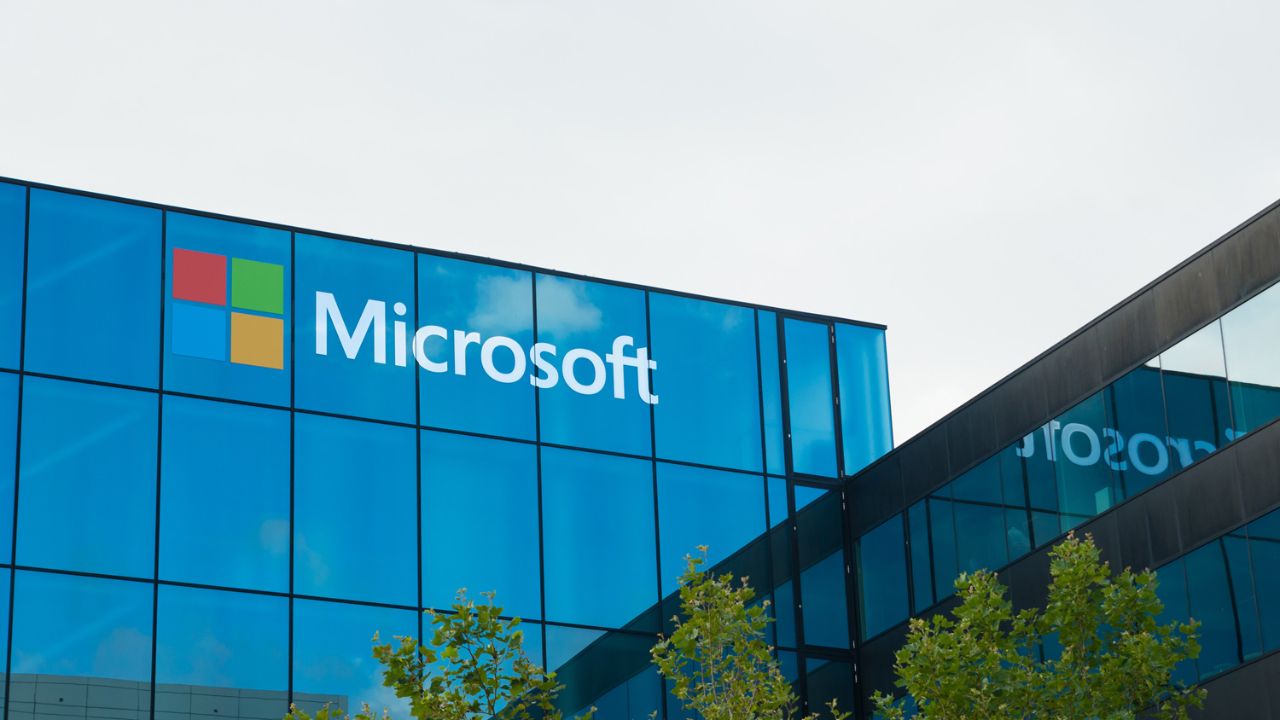-1751720036029.jpg)
Microsoft Exits Pakistan After 25 Years of Operation
In a move that has sent shockwaves through the South Asian tech community, Microsoft has officially shut down its local operations in Pakistan after a legacy spanning over 25 years. This announcement comes amid growing economic uncertainties and policy-related hurdles in the country. In this blog, we explore the full history of Microsoft’s journey in Pakistan, its achievements, and the circumstances surrounding this strategic exit.
A Brief History of Microsoft in Pakistan
- Microsoft entered Pakistan in 1998, opening its first representative office in Karachi.
- The company aimed to drive innovation, digital literacy, and software adoption across Pakistan’s government, private, and educational sectors.
- Microsoft Pakistan operated as a liaison office, partnering with local firms, system integrators, and public institutions.
- Early 2000s: Microsoft collaborated with the Higher Education Commission (HEC) to provide software and training to universities nationwide.
- 2010: Microsoft introduced programs like DreamSpark and BizSpark to support students and startups with free development tools and cloud services.
- 2012–2015: The company played a pivotal role in promoting Microsoft Azure and Office 365 adoption among Pakistani enterprises.
- Microsoft Imagine Cup Pakistan editions attracted thousands of young innovators and developers.
- Microsoft also worked with the Punjab and Sindh governments to automate school systems and bring digital tools into classrooms.
- During COVID-19, Microsoft Pakistan supported remote learning by enabling free Teams and cloud solutions for educational institutions.
- Until recently, Microsoft Pakistan maintained a modest office in Karachi with regional support extending into Islamabad and Lahore.
Why Did Microsoft Exit Pakistan?
- While no formal public statement has been issued, multiple sources report economic and operational challenges as key reasons.
- Foreign exchange restrictions, delays in remittances, and currency instability created difficulty for international companies operating locally.
- Pakistan's inconsistent regulatory environment made long-term business planning difficult for global tech firms.
- Microsoft is also undergoing global restructuring, focusing more on remote support models rather than country-specific offices in smaller markets.
What Was Microsoft’s Impact in Pakistan?
- Microsoft trained thousands of Pakistani professionals through its certification programs (MCP, MCSA, MCSE, etc.).
- Its support for university curriculums enhanced computer science education and cloud computing exposure.
- Microsoft provided major enterprise-level solutions to telecoms, banks, and government departments.
- Programs like Microsoft for Startups helped boost Pakistan’s growing entrepreneurial ecosystem.
- Its cloud services, AI tools, and developer platforms were widely used in local software houses and IT consultancies.
Reactions from the Tech Ecosystem
- The announcement has led to disappointment and concern among IT professionals, educators, and digital transformation leaders.
- Startups and businesses that relied on in-country technical support are now looking for regional alternatives.
- Some experts view the exit as a wake-up call for policy reform to retain and attract global companies.
- Calls have grown louder for Pakistan to improve its ease-of-doing-business rankings and reduce red tape for tech multinationals.
What’s Next for Microsoft Users in Pakistan?
- Microsoft products like Windows, Office 365, Azure, GitHub, and Teams remain available in Pakistan via online channels.
- Licensing, support, and services will now be handled by Microsoft’s regional offices, likely in the Middle East.
- Microsoft Learn, Certifications, and Cloud Partner programs continue uninterrupted for individuals and organizations.
- Local Microsoft partners may still operate as resellers and consultants, despite the closure of the liaison office.
People Also Ask
- Is Microsoft leaving Pakistan permanently?
The physical office has closed, but Microsoft services will remain available online in Pakistan. - What happens to existing Microsoft certifications in Pakistan?
All certifications remain valid globally and can still be earned online. - Will Pakistani companies still have access to Microsoft Azure?
Yes, Microsoft Azure will be accessible as usual through online portals and global support. - How will Microsoft support its Pakistani customers now?
Support will be provided remotely via Microsoft’s global or regional support teams.
Microsoft’s exit from Pakistan marks the end of a significant chapter in the country’s digital journey. For 25 years, the company contributed to technology education, enterprise innovation, and software adoption. While the shutdown of its local office is disheartening, the continuity of services online ensures Microsoft’s presence in a different form. As Pakistan looks ahead, this moment serves as a crucial reminder of the importance of creating a stable and business-friendly environment to retain international tech leaders like Microsoft.
Gallery

-1751720037763.jpg)
-1751720038035.jpg)


Comments